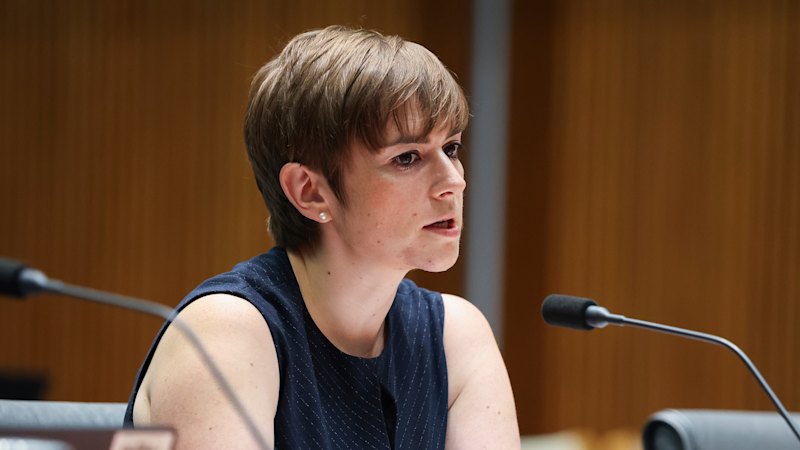
Housing Affordability llustration: Don Lindsay
BREAKING: Perth has officially been named Australia’s most unaffordable capital for renters, with new data revealing that median rents now consume a staggering 32% of the typical renter’s income. This alarming trend continues to worsen as the Rental Affordability Index, released by National Shelter, SGS Economics, and Housing All Australians, confirms a significant decline in affordability.
As the crisis deepens, even moderate earners face overwhelming rental stress. This situation is a stark contrast to 2020, when Perth was the most affordable capital city in Australia. The rental landscape has changed drastically, with regional WA experiencing the steepest drop in affordability nationwide, where rents now consume 28% of the average household income, up from just 19% five years ago.
Families, pensioners, and low-income individuals are not just struggling—they are facing dire consequences. Many parents report skipping meals, and pensioners are at risk of homelessness. The index classifies rents for vulnerable groups—including single pensioners and part-time workers—as critically or extremely unaffordable.
Working families, young professionals, and essential workers are also affected. For instance, a full-time hospitality worker in Perth now sees rent consuming nearly 50% of their income. This housing crisis is forcing families to seek help from services, many of whom have never needed assistance before.
The impact extends beyond individual homes. Businesses across WA, from cafes to hospitals, are struggling to recruit and retain staff due to the lack of affordable housing. The irony is palpable: those who support the most vulnerable in our communities are being priced out of the very neighborhoods they serve.
While the WA Government has made strides in boosting social and affordable housing, experts argue that this is insufficient. Kath Snell, CEO of Shelter WA, advocates for a robust plan to add 5,000 social and affordable homes annually. She emphasizes that addressing the crisis requires reining in short-stay accommodations that remove properties from the long-term rental market, implementing sensible limits on rent increases, and stronger minimum housing standards.
A call to action is urgent: affordable and safe housing is critical infrastructure that underpins lives and futures. As the crisis escalates, the need for decisive action has never been more pressing. The time has come for all stakeholders to ensure that everyone who calls WA home has access to affordable housing.
Stay tuned for updates on this developing story as Western Australia grapples with its rental crisis.






